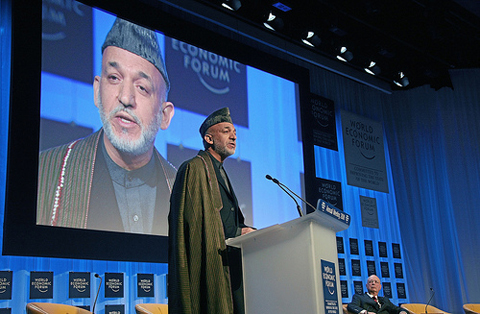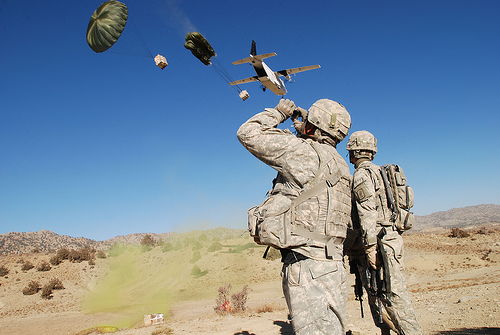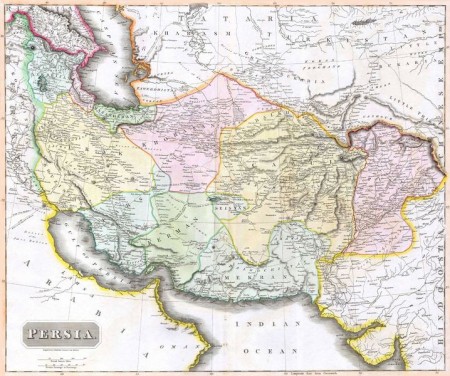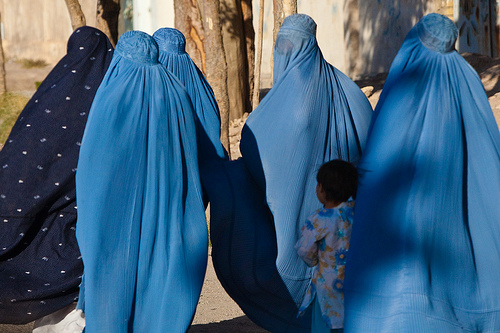Naveed Ahmad is a journalist and academic with a special focus on governance, security and diplomacy. He reports for various international online and electronic news sources. The views expressed in this blog do not reflect those of the ISN, the CSS, ETH Zurich or any affiliated agencies.

Afghan President Hamid Karzai is quite resourceful when it comes to creating ripples in the media. And that is the only thing he is good at. With American generals and NATO troops protecting Kabul, the Afghan president tirelessly designs colorful robes, worn in a funny way amid high profile dignitaries. The happy-go-lucky Afghan was enjoying the limelight in Bonn when his peaceful country fell prey to terrorism.
While everyone condemned the gory killing of 58 Shiite pilgrims, Mr Karzai sacrificed his shopping trip to London, where mercury and prices nosedive ahead of Christmas. No wonder, only a dedicated, full-time statesman would do so. For once, he thought of a quick stop-over in the United Kingdom. But in the interest of visually-starved media back home, the Afghan president descended on the Kabul airport. Soon, a bunch of loyal American commandoes enveloped their beloved friend and shipped him to the president‘s palace where Afghan and western journalists dashed to record his fireworks.




